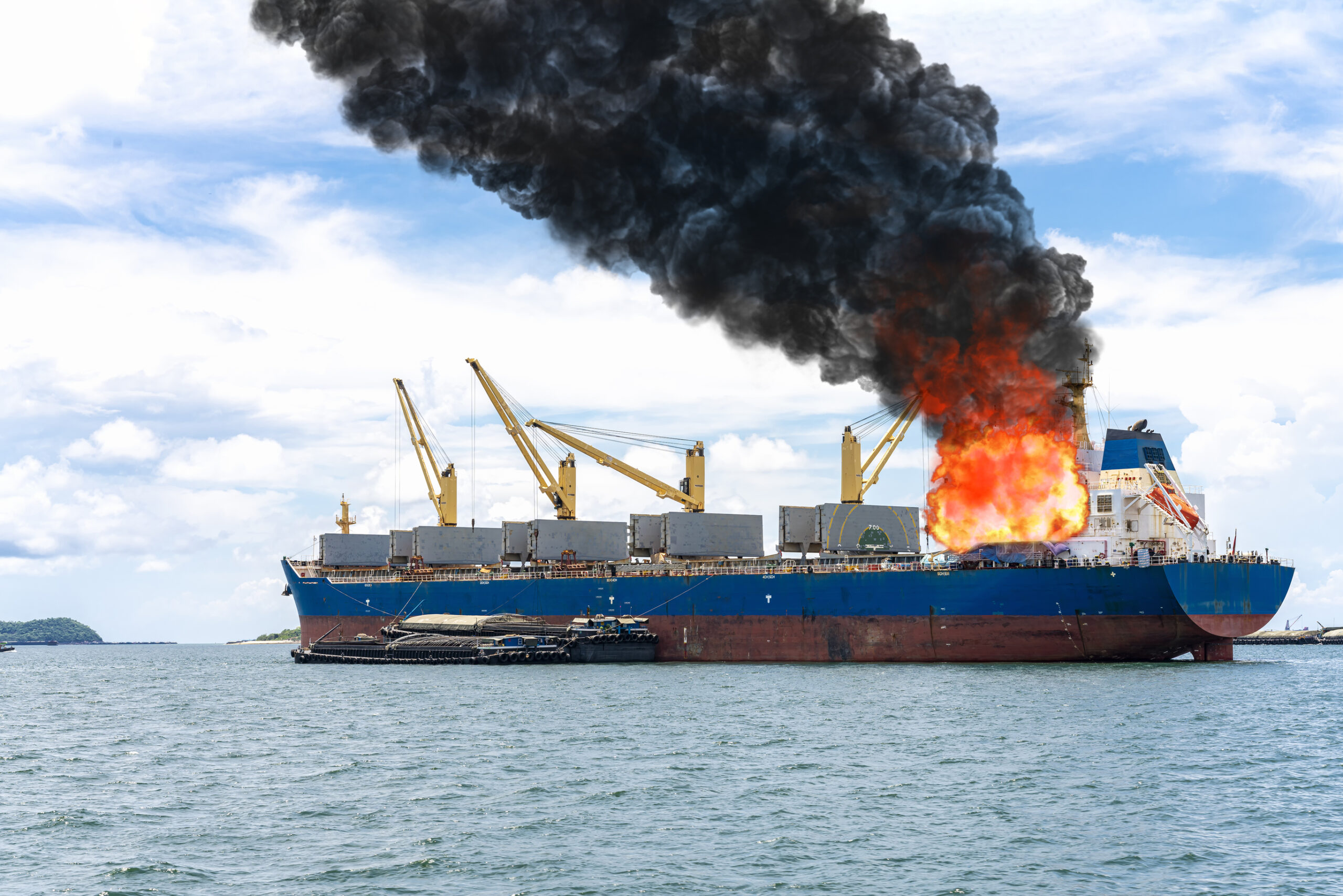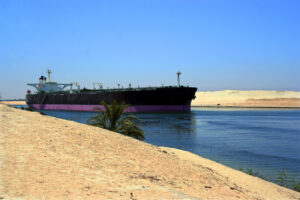Fire safety, machinery and electrical issues and seafarer welfare are areas of concern, according to the Paris MoU port state control annual analysis for 2023, which highlights “some continuity with previous years of recurring areas of concern.”
The Paris MoU leadership in this year’s report said it expects all players in the maritime sector, each with their own responsibilities, to “take the measures necessary to guarantee safe and environment-friendly shipping, with adequate working and living conditions on board.”
According to the new report, these areas of concern are construction-fire protection, fire detection and fire extinction with 17.3%; construction-structure, subdivision and stability, machinery and electrical installations with 11.5% and health protection, medical care, welfare and social security protection with 10.0%.
When considering specific deficiencies, it appears that ISM (4.8%), fire doors (3.2%) and cleanliness of engine room (1.4%) show high rates of non-compliance.
Throughout 2023, the refusals-of-access (bans) issued remained at a lower level than in the pre-Covid period.
There were eleven bans issued during 2023 and this number is aligned with numbers issued in previous years.
The detention rate for 2023 (3.81%) is lower than for 2022 (4.25%). However, the decrease does not result in a percentage close to that of 2019, before Covid-19 (2.98%).
In terms of flag performance, there are no major changes compared to the previous year(s). The number of low performing flags remains stable at a lower level than before Covid-19.
Additionally, although the detention rate is relatively high, the distribution of flag States across categories (white, grey, black) has not changed substantially.
Another highlight on the annual report for 2023 of Paris MoU on port state control is that the maritime authority of Montenegro became a member of the Paris MoU on port state control.
“This resulted in the strengthening of the safety net formed by the joint efforts of the members of the Paris MoU throughout the region and particularly in the Adriatic Sea,” according to the organisation’s annual report.
Ships with cargo destined for mainland Europe now have virtually no choice but to discharge that cargo in a port falling within the scope of the Paris MoU.
“This means that these ships are subject to the risk-based inspection methodology of the Paris MoU,” says the organisation.



